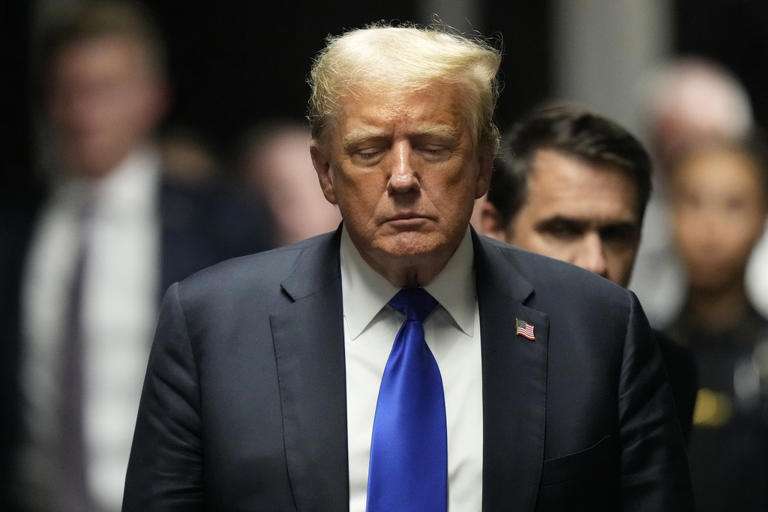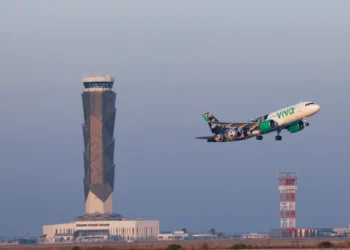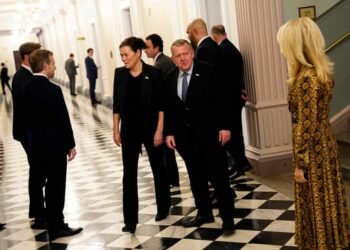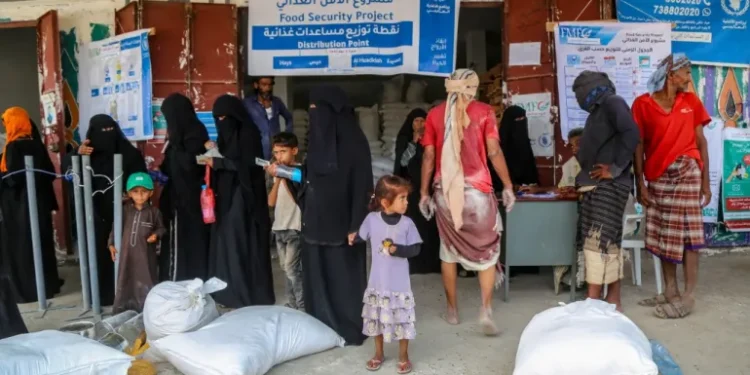US President, Donald Trump is due to address a rare gathering of senior military leaders at Quantico, a Marine Corps base near Washington, DC.
Hundreds of Generals and Admirals, Senior Commanders of the one-star rank or higher, and their top advisers have been summoned from all over the world by Pentagon Chief, Pete Hegseth with little notice. Hegseth will also address the gathering.
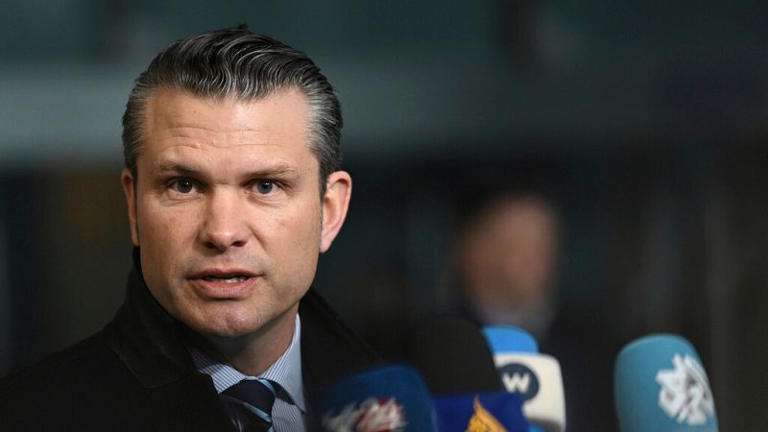
News of the abruptly scheduled gathering prompted speculation about the purpose of summoning such a large number of Generals and Admirals to one place, with many based in more than a dozen countries, including in the Middle East.
Experts say that while such meetings are nothing new, the scale of the gathering, the haste with which it was called and the mystery surrounding it are particularly unusual.
The lack of detailed information has prompted many observers in Washington to speculate about the meeting’s focus.
Whatever it is, Michael O’Hanlon, of the Brookings Institution, said he suspects there will be a dramatic element that may be “as important as any substantive element.”
“Just the sheer scale makes you wonder what kind of meaningful interaction can occur and therefore it smacks more of theatrics or of trying to impose than of trying to exchange views.”
Michael O’Hanlon
Today’s meeting comes weeks after Trump signed an order changing the name of the Department of Defense to the Department of War in all executive statements.
Trump said at a signing ceremony on September 5, the name change was part of a larger shift away from a “woke” ideology within the department, adding it would beckon in a new age of military victory.
For his part, Hegseth argued the name swap would help with “restoring the warrior ethos.” The former Fox presenter added, “We’re going to go on offence, not just on defence. Maximum lethality, not tepid legality. Violent effect, not politically correct.”
Administration officials said that he name “Department of War” would be used in official White House correspondence and public statements but a more permanent change would require Congress to pass new legislation. To that end, Trump added that he would ask Congress to codify the name into law.
The new name has been widely interpreted as a reflection of a more aggressive foreign-policy posture under Trump. Since taking office for a second term in January, the Republican has overseen bombing campaigns in Yemen and Iran.
He has also ordered deadly aerial attacks on alleged drug-smuggling boats in the international waters of the Caribbean Sea. Experts say such strikes have scant legal basis and raise the risks of civilians, including fishermen and migrants, being targeted.
Trump has made several name changes since taking office, including undoing moves that saw military sites named after Confederate officials baptised with new monikers.
Analyst Experts Military Officials’ Meeting To Center On Shift In Defense Policy
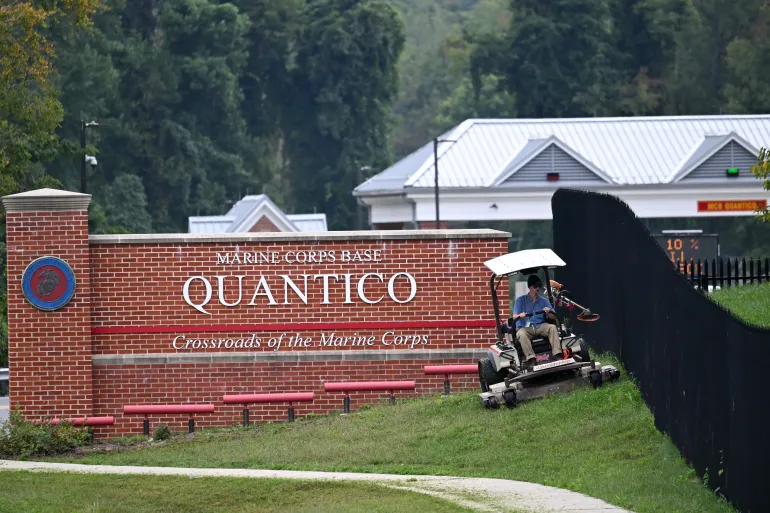
Meanwhile, Bryan Clark, a senior fellow and director of the Center for Defense Concepts and Technology at the Hudson Institute, said that he expects the meeting to center on the Trump administration’s shift in defense policy.
He stated that the US military is expected to focus less on Europe and Asia and more on the Northern Hemisphere, a change that breaks with decades of precedent.
“I think they’re trying to set the tone, set the context, for these generals and admirals to say the strategy we have coming out is very different than what you’re used to — we need you to all be on board with it.”
Bryan Clark
Also, Clark said that video teleconferencing across the world is difficult because leaders are spread across time zones. Forcing them to attend the meeting in person will drill the point home. “It’s a way of demonstrating, that this is important,” he added.
READ ALSO: Ghana Deepens Energy Talks with Chevron at African Energy Week

